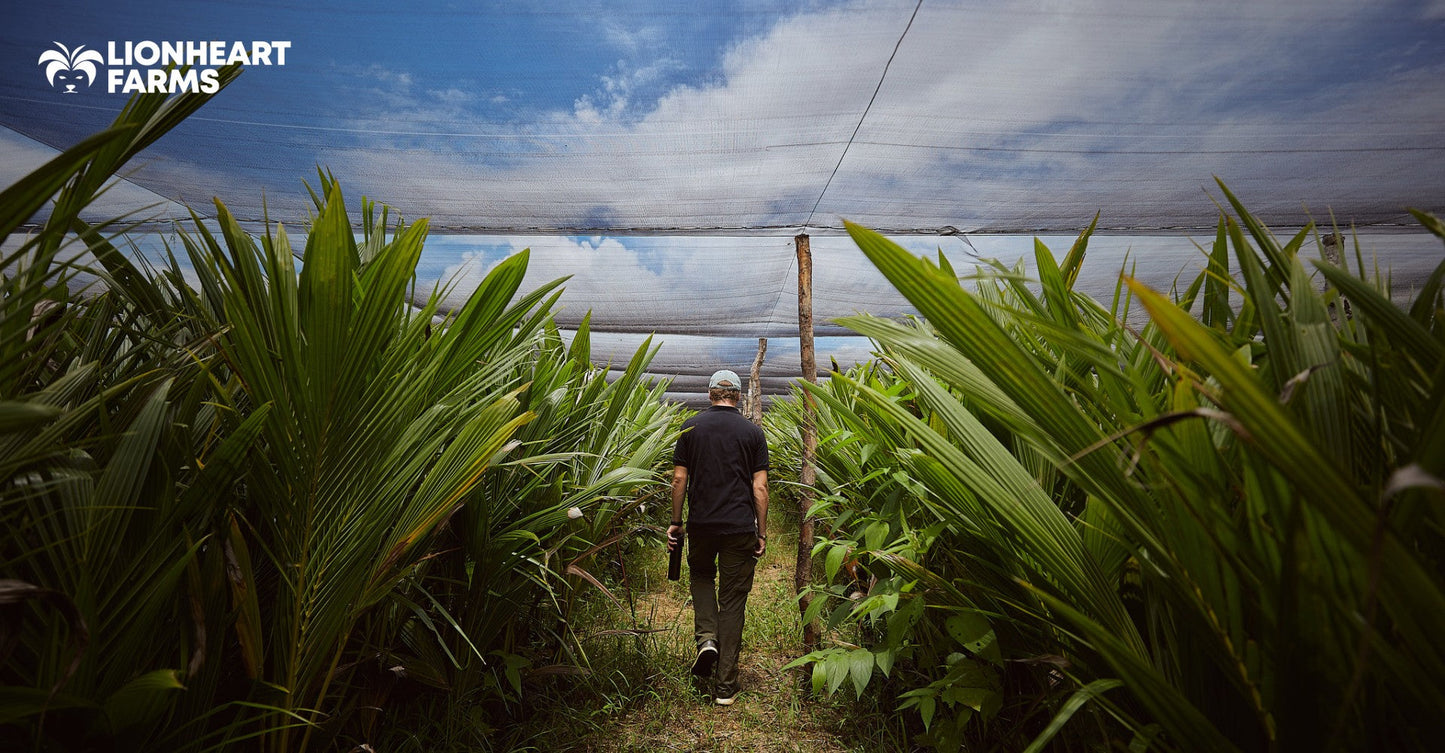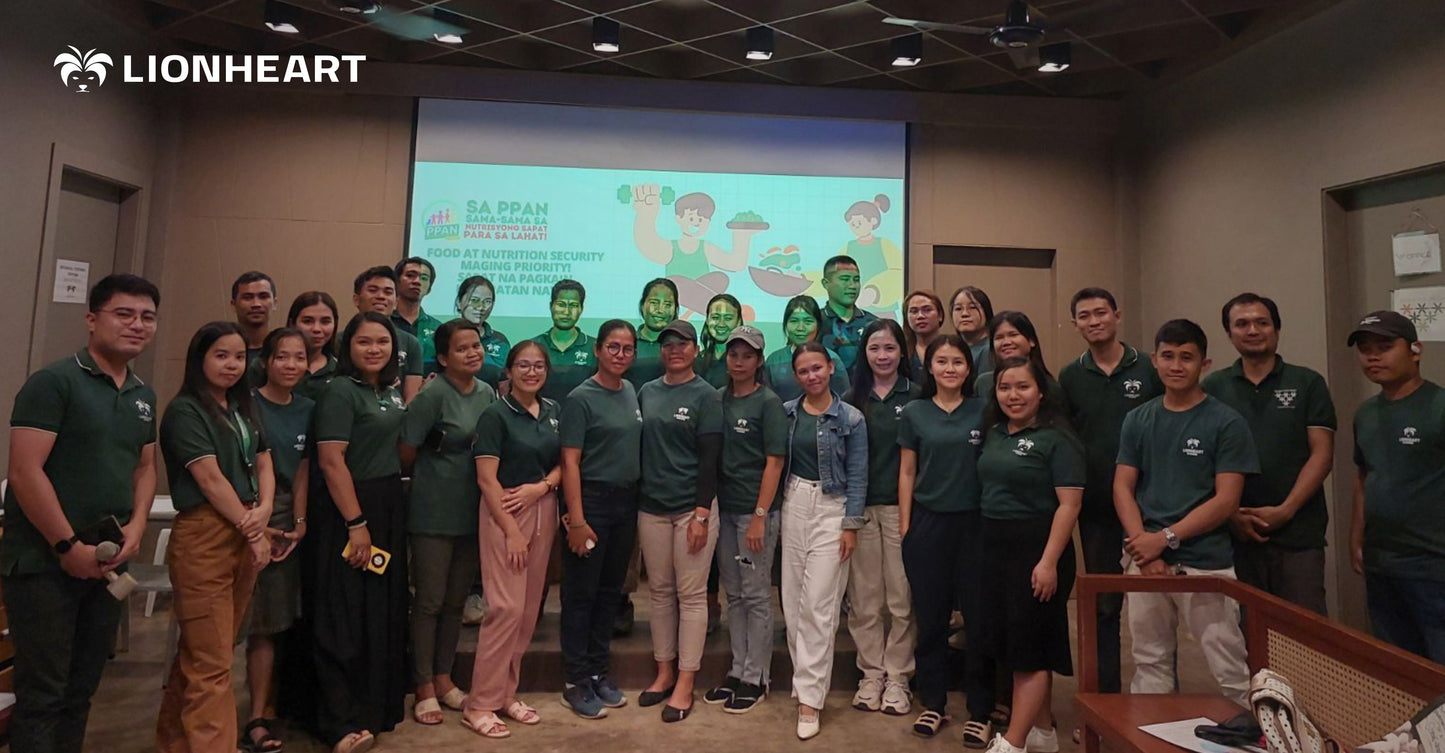
Cover cropping is a game-changer in the world of agriculture, and it’s time to understand why. Lionheart Farms is dedicated to promoting sustainable and ethical farming practices that not only enhance soil health but also contribute to the overall ecosystem. By integrating cover cropping into their practices, we demonstrate a commitment to improving the health of their coconut farms and the environment.
Benefits of Cover Cropping
The advantages of cover cropping are numerous and impactful. Cover crops enhance soil health, suppress weeds and pests, and prevent erosion while retaining moisture. These benefits not only improve farm productivity but also contribute to a healthier ecosystem.
1. Enhanced Soil Health
Cover crops significantly improve soil health by increasing organic matter and promoting nutrient cycling. A study found that cover crops can increase soil organic matter by up to 1.5% over three years, leading to improved microbial activity and soil structure. This results in better aeration and water infiltration, creating a more conducive environment for future crops. On coconut farms, cover cropping can enhance soil fertility, ensuring that coconut palms receive the nutrients they need to thrive.
2. Weed Suppression and Pest Management
One of the most immediate benefits of cover cropping is its ability to suppress weeds. Research indicates that cover crops can reduce weed biomass by up to 90% compared to conventional tillage systems. By planting cover crops, farmers create ground cover that competes with weeds for sunlight, water, and nutrients, thereby reducing reliance on chemical herbicides. Furthermore, some cover crops can deter pests and attract beneficial insects, contributing to a more balanced ecosystem on the farm, which is particularly beneficial for coconut cultivation.
3. Erosion Control and Moisture Retention
Cover crops play a crucial role in preventing soil erosion, especially during heavy rains. Their root systems help bind the soil together, reducing runoff and maintaining soil integrity. A study conducted by the USDA found that cover crops can reduce soil erosion by 50% or more in certain conditions. Additionally, cover crops improve moisture retention by enhancing the soil's ability to hold water. This is particularly beneficial in regions prone to drought, ensuring that crops, including coconuts, have access to the moisture they need to thrive. Implementing cover cropping allows farmers to create a more resilient farming system that withstands environmental challenges, especially in coconut farming where soil stability is vital.

Final Insights
Cover cropping is not just a practice; it’s a vital strategy for sustainable agriculture that reaps remarkable rewards. By enhancing soil health, suppressing weeds, and preventing erosion, cover crops empower farmers to elevate their practices and cultivate thriving ecosystems. Lionheart Farms proudly embraces cover cropping as a cornerstone of their commitment to regenerative farming and a healthier planet. This innovative approach not only boosts the productivity of their coconut farms but also champions a sustainable future for agriculture. By investing in cover cropping, they are nurturing the land and fostering a resilient community, ensuring that both nature and agriculture flourish together.




